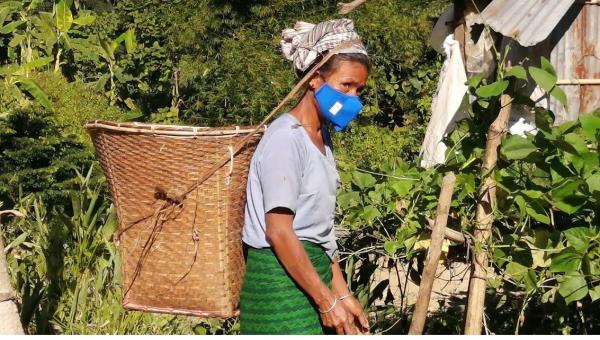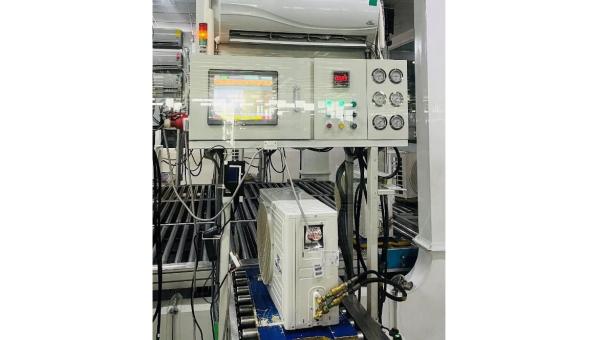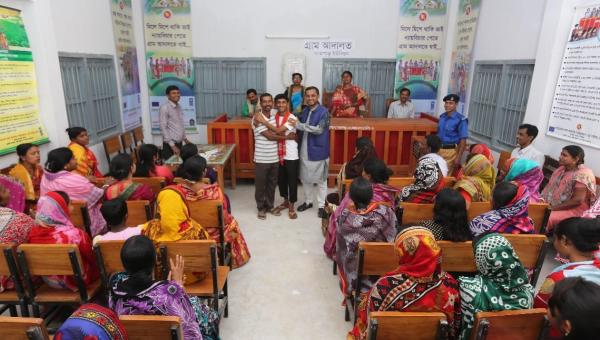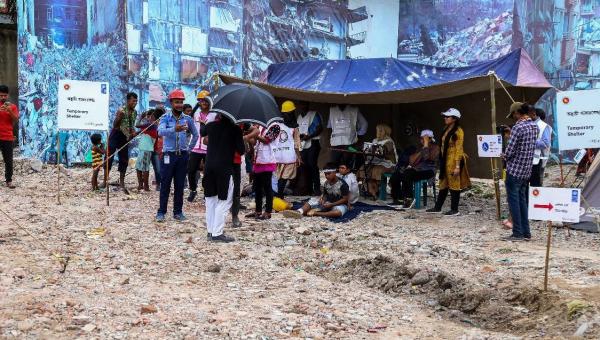IMPROVEMENT OF INFECTIOUS WASTE MANAGEMENT IN BANGLADESH
Context
The threat posed by inadequate health care waste management systems requires urgent attention to protect human health, and to minimize environmental and social impacts.
Improperly managed health care waste is a significant source of pollutants – untreated health care waste in open dumps and landfill sites can cause soil and water contamination, while inadequate incineration of medical waste can lead to the release of persistent organic pollutants.
Many low- and middle-income countries have historically had limited public and private investments in sustainable waste treatment systems, and with the rapid increase in infectious and non-infectious health care waste during the COVID-19 pandemic they now find themselves in the dire situation of mounting health care waste that is beyond their waste management capacity.
Funded by the Government of Japan, the Project for the Improvement of Infectious Waste Management in Southwest Asia aims to deliver sustainable, clean and green solutions to health care waste management in Bangladesh, Bhutan and the Maldives, thereby contributing to building strong and resilient health systems and human security. The project will also contribute to dialogue between governments and national stakeholders to shape the future of health care waste management in the countries.
Objectives
The objective of this Project is to support national governments, health agencies and stakeholders involved in the Health Care Waste Management in Bangladesh, with consistent gender responsive guidance, to deploy locally appropriate health care waste management practices and technologies.
The project will improve the capacity of healthcare institutions to help address both infectious and non-infectious healthcare challenges during and beyond the COVID-19 pandemic to protect human health and help minimize the pandemic's environmental and social impacts .
Expected Results:
Improved and efficient healthcare waste management systems in place with modern machinery, technology, and consumables equipment.
Enhanced capacity for relevant parties for health waste management including trained and well-equipped healthcare staff.
Enhanced coordination and system for waste management between waste managers and district authorities

 Locations
Locations





